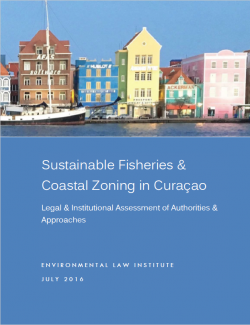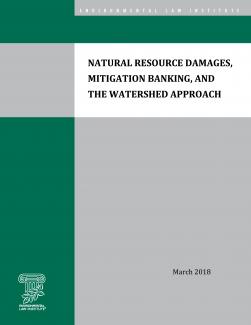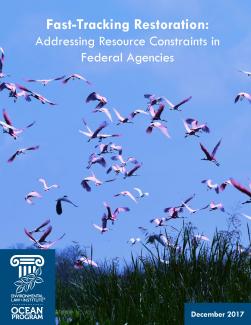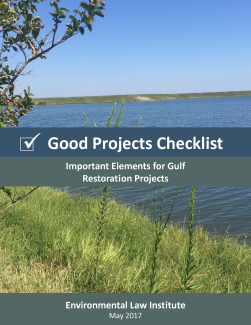Sustainable Fisheries & Coastal Zoning in Curaçao: Legal & Institutional Assessment of Authorities & Approaches

In February 2015, the Government of Curaçao and the Waitt Institute signed a memorandum of understanding to launch Blue Halo Curaçao (BHC), a comprehensive ocean and coastal management initiative with a goal of achieving the sustainable management of Curaçao’s ocean and coastal waters. BHC seeks to develop a Curaçao Sustainable Ocean Policy that will ensure long-term health of Curaçao’s waters through ocean zoning, protected areas, and fisheries reforms.


